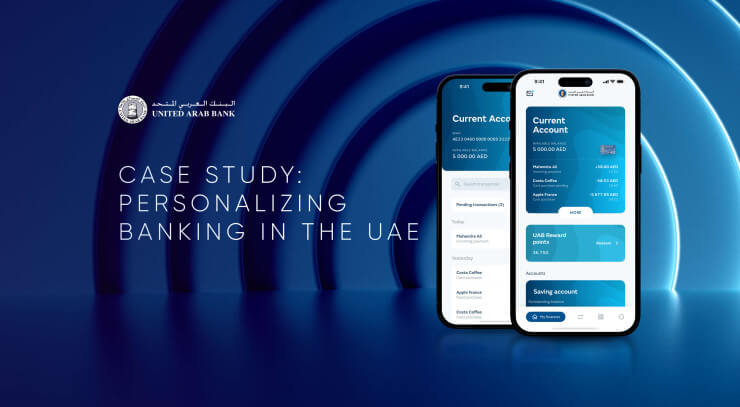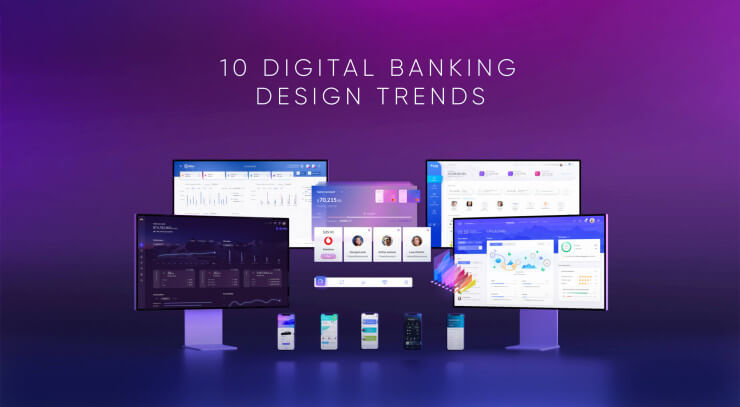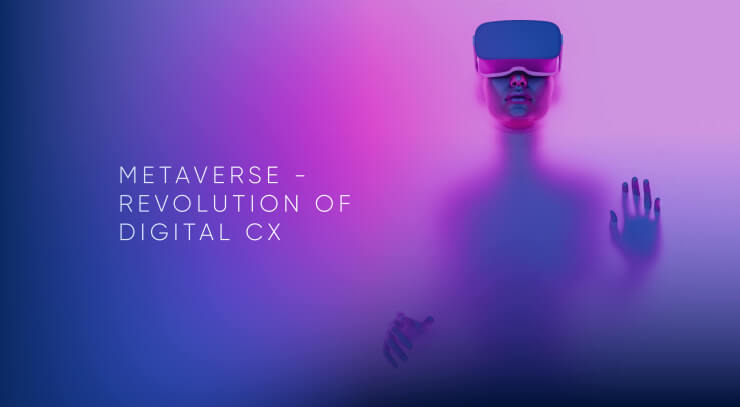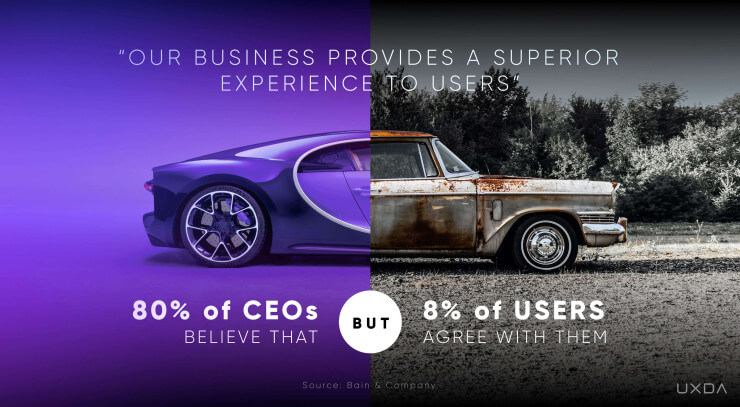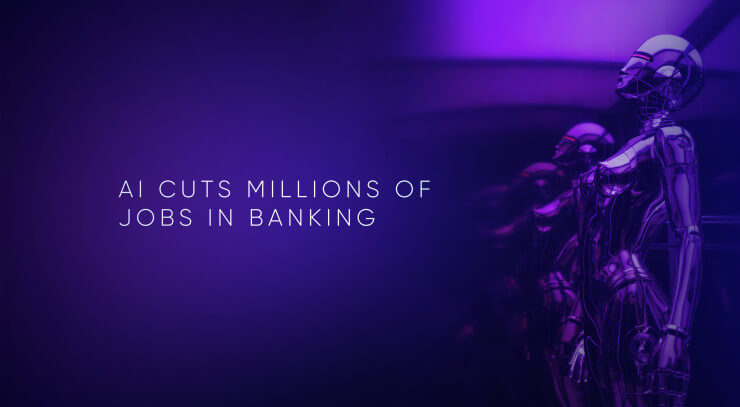What is digital banking design?
Digital banking design can be defined as follows: the design process of digital banking products for traditional banks, challenger banks and neobanks.
Digital banking design services appeared because of the digital disruption in the banking industry that forced digitization in banking. It started with internet banking solutions and continued in mobile banking and wearable banking. Now we are on the verge of immersive banking, which includes conversational banking, virtual banking and augmented reality banking.
Digital banking design services cannot be delivered by an average design agency because it requires deep domain competence and experience in banking as well as specific skills in designing digital banking solutions. The absence of this expertise could put banking design at serious risk.
The main aim of digital banking design is to architect financial services that will deliver the best digital banking user experience (UX) to customers, providing a simple and clear solution for their financial needs. So, digital banking UX becomes a key indicator of well-performed digital banking design. You can find great examples of digital banking design in such digital-only banks as Revolut, Monzo, Monese, Starling Bank, Atom Bank, N26, Tandem Bank, Curve, or in a UXDA-designed collection of financial interfaces.
Check out the best articles by UXDA about digital banking design.
United Arab Bank UX Case Study: Bringing Brand Values to the Digital Banking in UAE
United Arab Bank approached UXDA with a challenge─to change people's habits by rethinking main customer tasks and transforming them into a very intuitive digital flow.
How To Improve Customer Experience in Banking
It's no secret - user experience is what differentiates demanded digital financial products from failures. The question is - how to keep up, creating a customer experience that WOWs?
What The Banking World Can Learn From The TERRA Tragedy
The sudden crash of the Terra coins Luna and UST has proven to be a very painful lesson for the financial world. People need trustworthy financial services that are stable and won't make people lose their entire life savings in 24 hours.
UXDA Wins Platinum At The Summit International Awards
UXDA started 2022 as a Platinum winner in the Financial Marketing category of the Summit International Awards.
Fintech UX Design Trends: 10 Banking Innovation Ideas
The UXDA team has highlighted 10 design trends that demonstrate the evolution of digital financial products and the way financial interfaces are created and perceived by the users.
Why Customer Experience in Retail Banking is Sabotaged
What leads to a bad outcome when it comes to customer experience design in financial services?
AR / VR Banking Will Revolutionize The Financial UX
There's no doubt that banking in Metaverse will take the customer experience to a brand new. What can you expect, and what's the best way for the banking industry fully embrace the opportunities of the digital future?
Bonding Digital Banking Brands and Customers through Financial UX Design
What does it take to create a banking app that bonds clients and financial institutions? How does user experience in digital banking determine whether there will be a long-lasting relationship between financial brands and their customers? UX strategist, UXDA CEO Alex Kreger provides answers.
Digital Banking Customer Experience Challenges Resolved Through Design
How to ensure a positive banking customer experience? Uncover it through 20+ customer experience researches and banking CX design tips.
Financial UX Design Is About Saving People's Lives
Most people can remember a situation in their lives when they experienced a huge amount of stress when dealing with money. A user-centered financial UX should help cope with such struggles and even save lives in order to avoid tragedies like the suicide of Alexander Kearns.
AI and Digitalization in Banking Industry Cuts Millions of Jobs
Million of bank employees will lose their jobs in next decade, and the reason for that is technology: digitization in banking, AI in banking.
